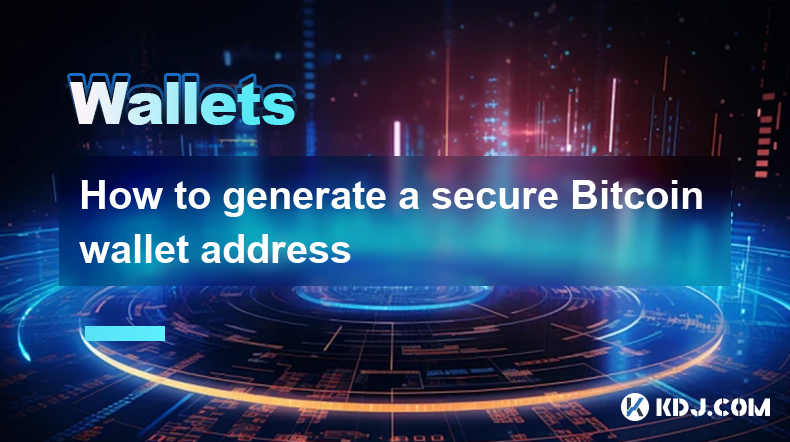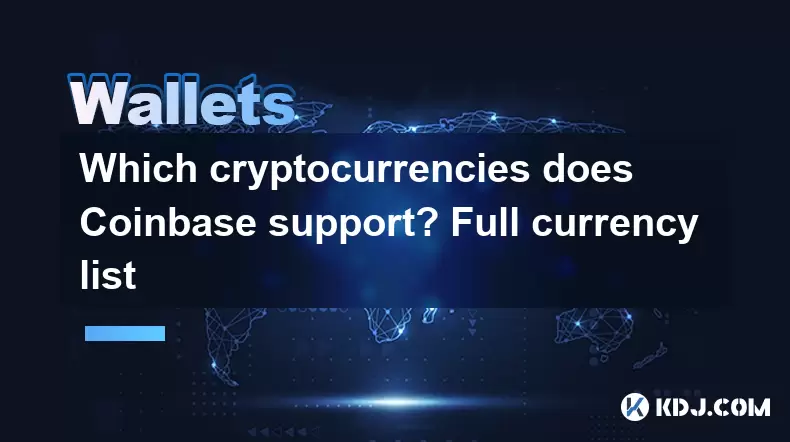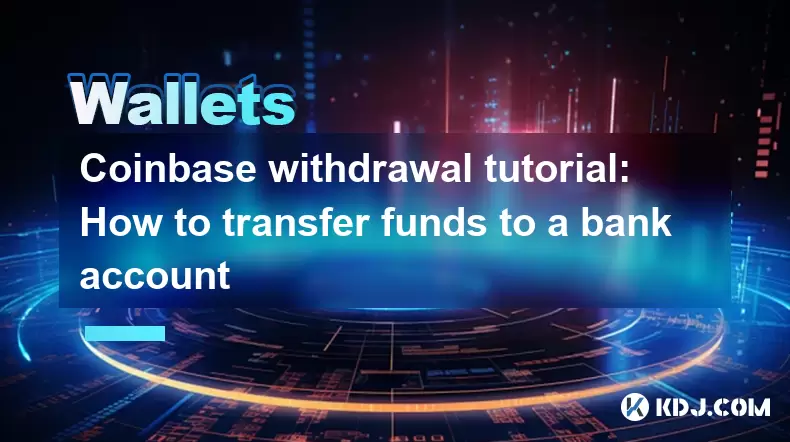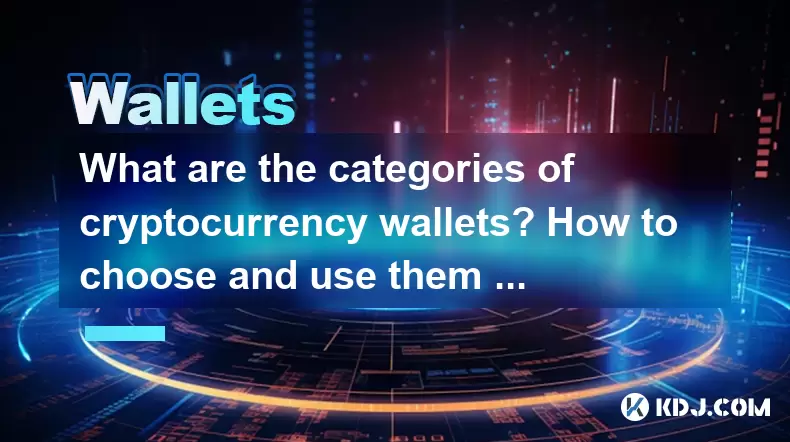-
 Bitcoin
Bitcoin $107,352.1067
0.28% -
 Ethereum
Ethereum $2,429.3531
-0.90% -
 Tether USDt
Tether USDt $1.0001
-0.02% -
 XRP
XRP $2.1894
4.62% -
 BNB
BNB $646.7968
0.36% -
 Solana
Solana $147.4290
4.03% -
 USDC
USDC $0.9998
-0.02% -
 TRON
TRON $0.2756
1.52% -
 Dogecoin
Dogecoin $0.1630
1.14% -
 Cardano
Cardano $0.5612
1.18% -
 Hyperliquid
Hyperliquid $37.0580
-0.05% -
 Bitcoin Cash
Bitcoin Cash $496.9410
-0.09% -
 Sui
Sui $2.7318
3.19% -
 Chainlink
Chainlink $13.1503
0.58% -
 UNUS SED LEO
UNUS SED LEO $9.0766
0.55% -
 Avalanche
Avalanche $17.7220
1.46% -
 Stellar
Stellar $0.2380
1.52% -
 Toncoin
Toncoin $2.8439
0.38% -
 Shiba Inu
Shiba Inu $0.0...01143
1.84% -
 Litecoin
Litecoin $85.8053
1.47% -
 Hedera
Hedera $0.1483
2.70% -
 Monero
Monero $314.3240
2.12% -
 Bitget Token
Bitget Token $4.6725
0.77% -
 Dai
Dai $1.0000
0.00% -
 Polkadot
Polkadot $3.3555
1.28% -
 Ethena USDe
Ethena USDe $1.0001
0.02% -
 Uniswap
Uniswap $7.0890
2.64% -
 Pi
Pi $0.5355
-3.40% -
 Pepe
Pepe $0.0...09393
1.06% -
 Aave
Aave $256.8136
-1.90%
How to generate a secure Bitcoin wallet address
Bitcoin wallets store private keys, not Bitcoin; public keys generate unique addresses for receiving funds. Secure your private keys to protect your Bitcoin.
Apr 01, 2025 at 03:14 am

Understanding Bitcoin Wallet Addresses
A Bitcoin wallet doesn't actually store your Bitcoin. Instead, it stores your private keys, which are long strings of characters that grant you access to your Bitcoin. Your public key, derived from your private key, is used to generate your Bitcoin address, a unique identifier similar to a bank account number. This address is what you share with others to receive Bitcoin. The security of your Bitcoin hinges entirely on the security of your private keys. Never share your private keys with anyone.
Methods for Generating Bitcoin Wallet Addresses
There are several ways to generate a secure Bitcoin wallet address, each with its own level of security and user-friendliness. The safest method involves using reputable, established wallet software or hardware.
Using a Software Wallet: Software wallets are applications installed on your computer or mobile device. Popular options include Electrum, Exodus, and BlueWallet. These wallets generate new addresses for each transaction, enhancing privacy. However, the security depends entirely on the security of your device. Ensure your device is protected with strong passwords and antivirus software.
Using a Hardware Wallet: Hardware wallets are physical devices that store your private keys offline. Ledger and Trezor are leading brands. These offer the highest level of security as your private keys never leave the device. They are generally recommended for users holding significant amounts of Bitcoin.
Using an Online Exchange: Many cryptocurrency exchanges allow you to store Bitcoin. However, this method is generally considered less secure than using a software or hardware wallet, as you are entrusting your funds to a third party. Security breaches on exchanges are a real risk.
Generating Addresses Manually (Not Recommended): It's technically possible to generate a Bitcoin address manually using cryptographic libraries. However, this is extremely complex and error-prone, and is not recommended for the average user. One small mistake can render your funds inaccessible.
Ensuring the Security of Your Bitcoin Wallet Address
Regardless of the method you choose, several crucial steps ensure the security of your Bitcoin wallet address and, more importantly, your private keys.
Strong Passwords: Use long, complex passwords that are unique to your wallet. Avoid using easily guessable information. Consider using a password manager to securely store your passwords.
Two-Factor Authentication (2FA): Enable 2FA whenever possible. This adds an extra layer of security, requiring a code from your phone or another device in addition to your password.
Regular Software Updates: Keep your software wallet updated to the latest version to benefit from security patches and bug fixes.
Offline Storage of Private Keys: If you're using a software wallet, consider backing up your seed phrase (a list of words representing your private keys) and storing it securely offline. Never store it digitally.
Beware of Phishing Scams: Be cautious of emails, websites, or messages requesting your private keys or wallet details. Legitimate companies will never ask for this information.
Regular Security Audits: If you're using a software wallet, familiarize yourself with the security practices of the developers and look for independent security audits.
Physical Security for Hardware Wallets: Protect your hardware wallet from physical theft or damage. Consider storing it in a safe or other secure location.
Verify Addresses Carefully: Always double-check the Bitcoin address before sending funds. A single incorrect character can result in irreversible loss of funds.
Choosing the Right Wallet Type
The choice of wallet depends on your technical skills, security needs, and the amount of Bitcoin you hold.
Beginners: Software wallets offer a balance of user-friendliness and security. Choose a reputable wallet with positive reviews and a strong security record.
Experienced Users: Hardware wallets provide the highest level of security and are ideal for users with substantial Bitcoin holdings.
Large Holdings: Consider using a multi-signature wallet, which requires multiple private keys to authorize transactions, adding an extra layer of security against theft or unauthorized access.
Understanding Seed Phrases
Your seed phrase, also known as a recovery phrase, is a crucial element of your wallet security. It's a list of words that allows you to recover your wallet if you lose access to your device or software. Treat your seed phrase like your most valuable possession. Never share it with anyone, and store it securely offline. Losing your seed phrase means losing access to your Bitcoin.
Frequently Asked Questions
Q: What happens if I lose my private keys?
A: If you lose your private keys, you lose access to your Bitcoin. There's no way to recover them without the keys. This highlights the importance of securely storing your private keys and seed phrase.
Q: Are Bitcoin wallet addresses reusable?
A: While you can reuse a Bitcoin address, it's generally recommended to use a new address for each transaction to enhance your privacy and security. Many wallets automatically generate a new address for each transaction.
Q: How can I tell if a Bitcoin wallet is secure?
A: Look for wallets with a strong reputation, positive user reviews, open-source code (allowing for community scrutiny), and regular security updates. Consider wallets that have undergone independent security audits. Hardware wallets generally offer the highest level of security.
Q: What is the difference between a public key and a private key?
A: Your public key is like your bank account number – you share it with others to receive funds. Your private key is like your bank PIN – it's secret and grants you access to your funds. Never share your private key.
Q: Can I generate a Bitcoin address without using a wallet?
A: Technically, yes, using cryptographic libraries. However, this is highly complex and risky for the average user. It's strongly recommended to use established wallet software or hardware. A single mistake can result in the loss of your funds.
Disclaimer:info@kdj.com
The information provided is not trading advice. kdj.com does not assume any responsibility for any investments made based on the information provided in this article. Cryptocurrencies are highly volatile and it is highly recommended that you invest with caution after thorough research!
If you believe that the content used on this website infringes your copyright, please contact us immediately (info@kdj.com) and we will delete it promptly.
- Altcoins, Explosive Gains, and Cryptocurrency: What's the Hype?
- 2025-06-28 21:12:19
- SEI Mirroring Solana: Price Spikes and the Next Big Crypto?
- 2025-06-28 20:52:13
- Pi Network's Pi2Day: Token Tank and Disappointing Rollout?
- 2025-06-28 21:27:13
- PENGU Price Surges: Are Whales Targeting $0.0149?
- 2025-06-28 20:30:12
- Bitcoin Adoption, Portfolio Allocation, and Financial Advisors: A New Era
- 2025-06-28 21:27:13
- Kaanch vs. XRP: Spotting the Next Big Thing & Entry Price Opportunities
- 2025-06-28 21:50:12
Related knowledge

How to stake cryptocurrencies on Coinbase? Benefits and risks
Jun 27,2025 at 06:36pm
Understanding Cryptocurrency Staking on CoinbaseStaking cryptocurrencies involves locking up digital assets to support the operations of a blockchain network, typically in return for rewards. Coinbase, one of the most popular cryptocurrency exchanges globally, offers staking services for several proof-of-stake (PoS) coins. Users can stake their holdings...

How to contact Coinbase customer service? Support channels and response times
Jun 28,2025 at 01:29pm
Contacting Coinbase Customer Service: Support Channels and Response TimesIf you're a user of Coinbase, reaching their customer service team may become necessary for various reasons, such as account verification issues, transaction disputes, or technical difficulties. Understanding the different support channels available and what to expect in terms of r...

Coinbase advanced trading function usage tutorial: limit orders and market orders
Jun 28,2025 at 09:07pm
Understanding the Difference Between Limit Orders and Market OrdersWhen using Coinbase's advanced trading features, it is crucial to understand the fundamental difference between limit orders and market orders. A market order executes immediately at the best available price on the market. This type of order ensures that your trade goes through quickly, ...

Which cryptocurrencies does Coinbase support? Full currency list
Jun 28,2025 at 08:36am
Overview of Cryptocurrencies Supported by CoinbaseCoinbase is one of the most popular and trusted cryptocurrency exchanges globally. It provides users with a platform to buy, sell, trade, and store various digital assets. As of the latest updates, Coinbase supports over 200 cryptocurrencies, including major ones like Bitcoin (BTC), Ethereum (ETH), and L...

Coinbase withdrawal tutorial: How to transfer funds to a bank account
Jun 28,2025 at 02:35am
Understanding Coinbase WithdrawalsCoinbase is one of the most widely used cryptocurrency platforms, allowing users to buy, sell, and store digital assets. Once you've successfully traded or held your crypto on Coinbase, the next logical step may be to withdraw funds to a bank account. This process involves converting your cryptocurrency into fiat curren...

What are the categories of cryptocurrency wallets? How to choose and use them safely?
Jun 21,2025 at 10:42pm
Understanding Cryptocurrency WalletsCryptocurrency wallets are essential tools for anyone involved in the digital asset ecosystem. They allow users to store, send, and receive cryptocurrencies securely. Unlike traditional wallets that hold physical money, crypto wallets manage cryptographic keys—private and public—which interact with blockchain networks...

How to stake cryptocurrencies on Coinbase? Benefits and risks
Jun 27,2025 at 06:36pm
Understanding Cryptocurrency Staking on CoinbaseStaking cryptocurrencies involves locking up digital assets to support the operations of a blockchain network, typically in return for rewards. Coinbase, one of the most popular cryptocurrency exchanges globally, offers staking services for several proof-of-stake (PoS) coins. Users can stake their holdings...

How to contact Coinbase customer service? Support channels and response times
Jun 28,2025 at 01:29pm
Contacting Coinbase Customer Service: Support Channels and Response TimesIf you're a user of Coinbase, reaching their customer service team may become necessary for various reasons, such as account verification issues, transaction disputes, or technical difficulties. Understanding the different support channels available and what to expect in terms of r...

Coinbase advanced trading function usage tutorial: limit orders and market orders
Jun 28,2025 at 09:07pm
Understanding the Difference Between Limit Orders and Market OrdersWhen using Coinbase's advanced trading features, it is crucial to understand the fundamental difference between limit orders and market orders. A market order executes immediately at the best available price on the market. This type of order ensures that your trade goes through quickly, ...

Which cryptocurrencies does Coinbase support? Full currency list
Jun 28,2025 at 08:36am
Overview of Cryptocurrencies Supported by CoinbaseCoinbase is one of the most popular and trusted cryptocurrency exchanges globally. It provides users with a platform to buy, sell, trade, and store various digital assets. As of the latest updates, Coinbase supports over 200 cryptocurrencies, including major ones like Bitcoin (BTC), Ethereum (ETH), and L...

Coinbase withdrawal tutorial: How to transfer funds to a bank account
Jun 28,2025 at 02:35am
Understanding Coinbase WithdrawalsCoinbase is one of the most widely used cryptocurrency platforms, allowing users to buy, sell, and store digital assets. Once you've successfully traded or held your crypto on Coinbase, the next logical step may be to withdraw funds to a bank account. This process involves converting your cryptocurrency into fiat curren...

What are the categories of cryptocurrency wallets? How to choose and use them safely?
Jun 21,2025 at 10:42pm
Understanding Cryptocurrency WalletsCryptocurrency wallets are essential tools for anyone involved in the digital asset ecosystem. They allow users to store, send, and receive cryptocurrencies securely. Unlike traditional wallets that hold physical money, crypto wallets manage cryptographic keys—private and public—which interact with blockchain networks...
See all articles
























































































